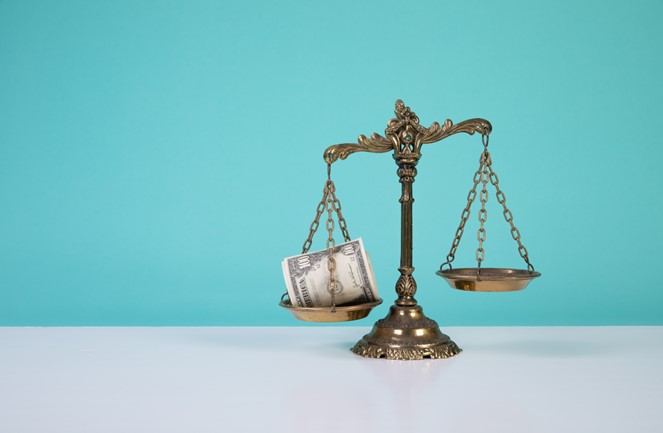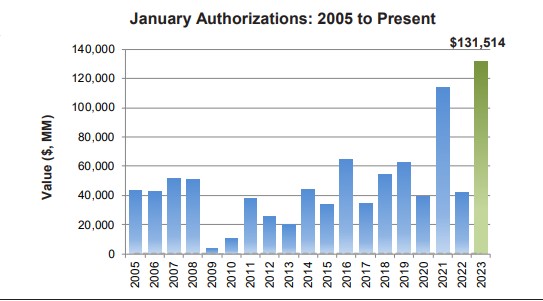
Why Companies Get a Fairness Opinion Before Entering a Financial Transaction
How important is a fairness opinion (FO) when a company is evaluating a merger, acquisition, spin-off, buyback, carve-out, or other corporate change of ownership? Part of the due diligence of a large financial transaction is to engage for a fee, an experienced expert to create a fairness opinion that, among other things, advises on the valuation of the proposed transaction. And possibly recommends adjusting some terms to align the transaction with what the expert sees as fair.
Understanding Fairness Opinions
When companies are considering impactful transactions, they may be required to get an objective opinion on whether the terms of the deal are fair. If it isn’t required, it is still a good idea to help reduce risks inherent in large transactions.
A fairness opinion is a professional assessment of the fairness of a proposed transaction. An independent third-party advisor, such as an investment bank, usually provides it. The goal of a fairness opinion is to provide an impartial evaluation of whether the transaction is fair to all parties involved based on various financial and strategic factors. The analysis involves evaluations of the impact of synergies, overall asset value, current market worth, dilutive effects, structure, and other attributes that a non-experienced executive may easily overlook.
Who Provides Fairness Opinions
Investment banks are the most common providers of fairness opinions. Choosing an institution that has extensive industry-specific experience and knowledge in valuing a transaction or strategic opportunity could save the client many times the cost of the service.
For example, Noble Capital Markets, an investment banking firm with 39 years of experience serving clients in a variety of industries, provides as one of its opinion services, FOs to companies considering a transaction. Francisco Penafiel, Managing Director and part of Noble’s investment banking & valuation practice, explained why getting an opinion from a reputable investment bank can avoid expensive problems. Mr. Penafiel said, “FO’s should be provided by independent third parties, but it’s highly recommended for companies to have the assistance of advisors with a sound reputation, credibility, and significant industry experience.”
Why should the advisor have an intimate understanding of the industry? Penafiel explained, “it’s also important for the advisors to have knowledge of the regulatory compliance factors that affect the process as well as to be fully independent to avoid any conflict of interests.” He believes most often, investment banking firms, with platforms that include many years of experience, are best suited to run analysis that is deep and thorough, and are necessary when rendering these opinions
“Noble has helped clients over the years with their valuations needs, we’re now witnessing an increased demand for FOs because of the benefits they bring to the companies involved in a transaction. It also goes a long way to demonstrate that management and boards fulfilled their fiduciary duties, reducing risks of litigation,” said Penafiel.
The SEC has shown that they approve of and, in some cases, could require an FO. Recent regulations applying to de-SPAC transactions make fairness opinions the standard as de-SPAC transactions have an inherent conflict of interest between a SPAC’s sponsor and the stockholders. The third-party FO provider allows for impartiality and transparency to benefit all parties, especially investors.
Steps in Creating an FO
To provide a fairness opinion, an investment bank will typically conduct a thorough analysis of the deal’s financial and strategic aspects. This analysis may involve evaluating the company’s financial statements, projecting future earnings, analyzing the transaction structure, and reviewing comparable transactions in the industry. The investment bank will also consider the prevailing market conditions, economic climate and the impact on interest rates and the effects of any regulatory or legal issues on the transaction.
After completing its analysis, the investment bank will issue a formal report summarizing its findings and conclusions. The report will typically contain a detailed explanation of the fairness opinion, including the methodology used, the assumptions made, and the supporting evidence. It will also provide a valuation of the company, which may be used as a reference point for negotiating the deal’s terms.
It’s worth noting that a fairness opinion is not a guarantee that the proposed transaction is fair. Rather, it’s a professional opinion based on the information available at the time of the analysis. The ultimate decision about whether to proceed with the transaction lies with the parties involved, who must consider various factors beyond the scope of the fairness opinion.
Take Away
Obtaining a fairness opinion is a critical step for companies considering major transactions. It provides an objective evaluation of the transaction’s fairness, which can help the parties involved make informed decisions. Investment banks are well-positioned to provide fairness opinions, given their extensive experience and expertise in financial analysis and valuation. By engaging an investment bank to provide a fairness opinion, companies can gain a valuable perspective on the proposed transaction, which can help them negotiate more effectively and ultimately achieve a better outcome.
Managing Editor, Channelchek
Sources
https://noblecapitalmarkets.com/opinion-practice
https://core.ac.uk/download/pdf/160249385.pdf
https://www.investopedia.com/terms/f/fairness-opinion.asp
http://edgar.secdatabase.com/1680/121390023011399/fs42023ex23-4_heritage.htm

